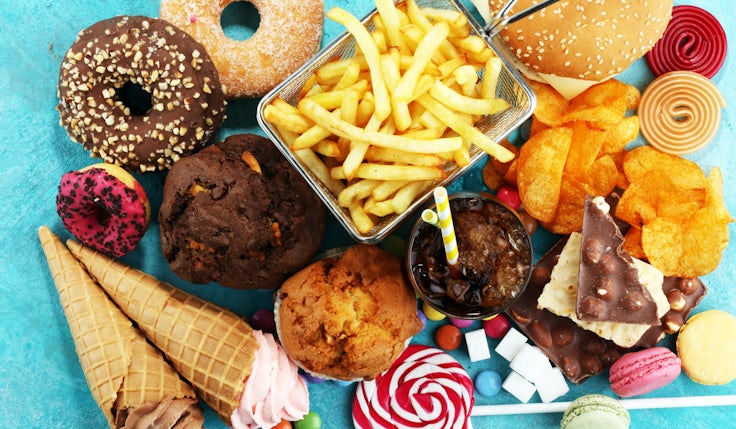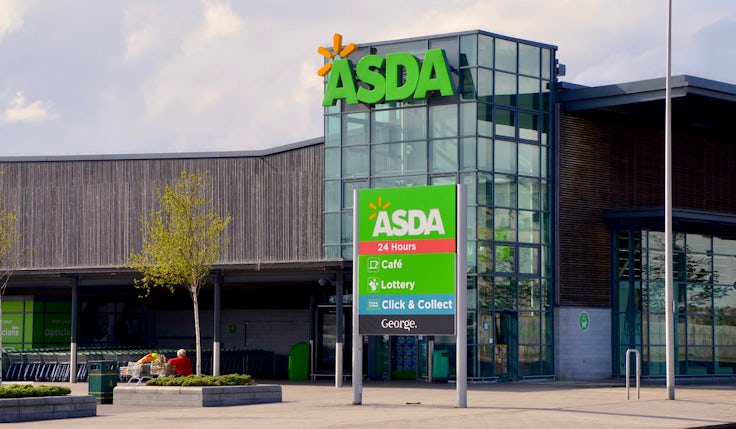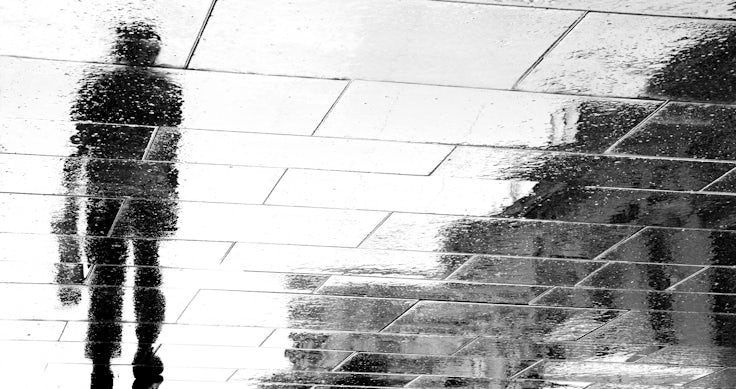Government preps vape tax and junk food ad ban as Budget aims to ‘fix foundations’
Businesses are being urged not to cut marketing spend to balance higher costs from National Insurance contributions, as taxes rise a combined £40m.
 Chancellor of the Exchequer Rachel Reeves has today (30 October) outlined the Government’s plans to “fix the foundations” of the UK’s economy in Labour’s first budget since July’s election.
Chancellor of the Exchequer Rachel Reeves has today (30 October) outlined the Government’s plans to “fix the foundations” of the UK’s economy in Labour’s first budget since July’s election.
Many of the plans outlined will impact brands and marketers, either directly or indirectly.
The Government reaffirmed its commitment to banning TV ads for HFSS products airing pre-watershed from next October, as well as banning them from appearing online. There was also a pledge to gradually end the sale of tobacco products.
Reeves reiterated plans to ban vapes from being deliberately branded and advertised to children. She also announced a new vape tax, which will see a flat duty rate of £2.20 per 10ml of vape liquid come into force on 1 October 2026. This means a vape liquid currently costing £1 will cost £3.20 in two years’ time, making vaping products harder to purchase for children.
Alongside the vape duty, there’ll be a further one-off increase in Tobacco Duty to keep the financial incentive of switching from smoking to vaping.
Meanwhile, to ease the pressure on pubs, the Government is introducing a cut to alcohol duty on draught products from February, reducing it by 1p per average strength pint.
Overall, the Budget will raise taxes by £40m, including an increase in National Insurance contributions from employers and an increase in Capital Gains Tax.
This is likely to concern businesses and impact how they go about investing in future growth, particularly at a moment when IPA data suggests marketing budget growth has stalled.
“Boardrooms may be tempted to cut marketing spend to balance higher costs elsewhere, but this is the wrong way to go,” says Adele Jolliffe, head of brand consultancy, insights division at Kantar.
“While people continue to feel the pinch, now is the time to reinforce and strengthen brand equity, not to pull back.”
Marketing budget growth stalls for first time in over three years
She also urges brands to resist getting caught up in a price-cutting race to the bottom.
“We know that targeting investment to carve out a sense of difference for brands, which is relevant and meaningful for consumers, is the single most important thing marketers can do to protect long-term profitability and put themselves in a position to grow,” Jolliffe adds.
According to head of policy and regulatory affairs at IAB UK, Christie Dennehy-Neil, the Budget provides “welcome clarity” about the new government’s plans, lifting some of the uncertainty that stalled marketing spend during the third quarter.
“It comes on the same day as the release of our Digital Adspend update for H1 2024, which shows the total digital ad market grew 16% in the first half of the year, largely driven by investment in online video – up 26%,” notes Dennehy-Neil.
“The fact that UK GDP grew by a far more conservative 0.5% during the same period indicates that marketers have continued to prioritise advertising despite the uncertain economy.”
She notes that while the tax rises announced today will increase pressure on business, the Office for Budget Responsibility (OBR) is now predicting stronger economic growth in 2024 and 2025.
“We expect advertisers’ confidence to remain buoyant, with social video in particular a key driver of ad market growth,” Dennehy-Neil adds.







